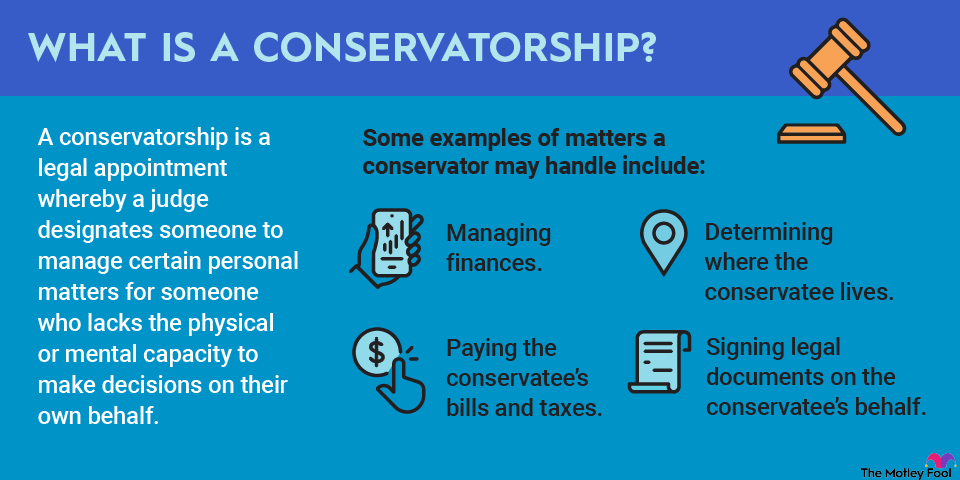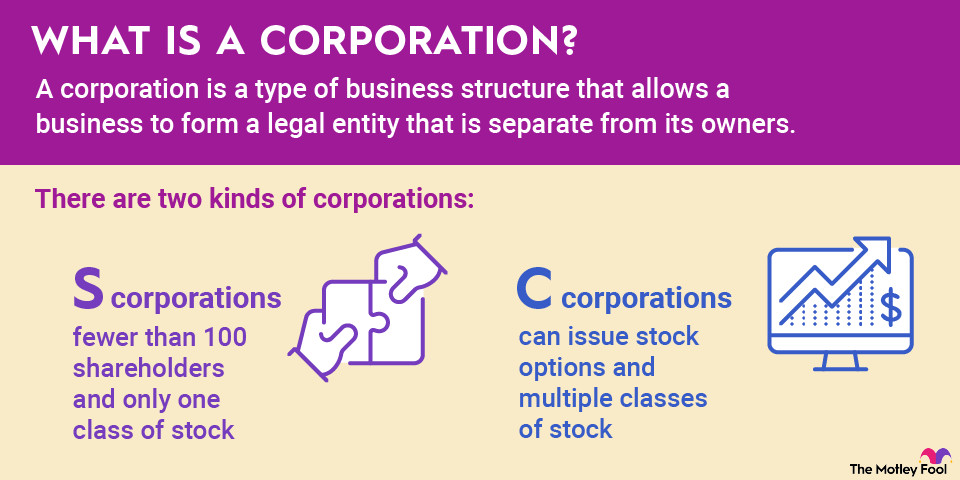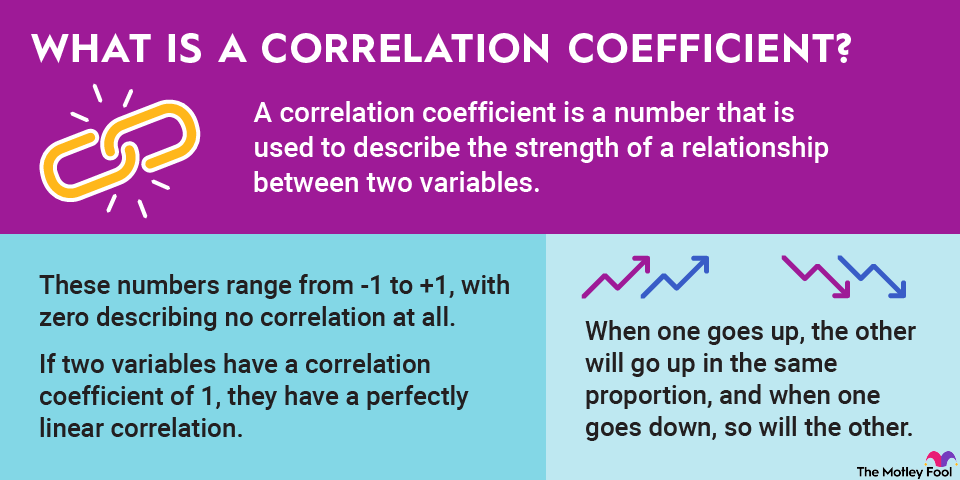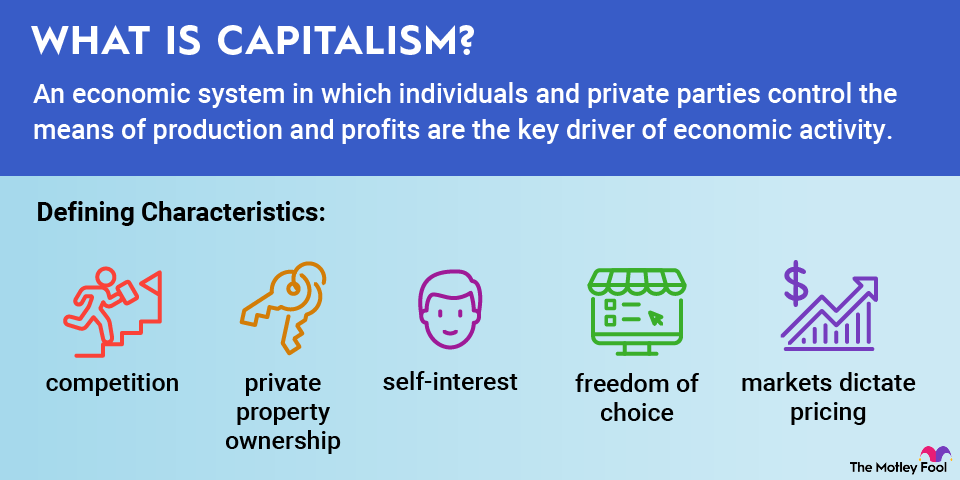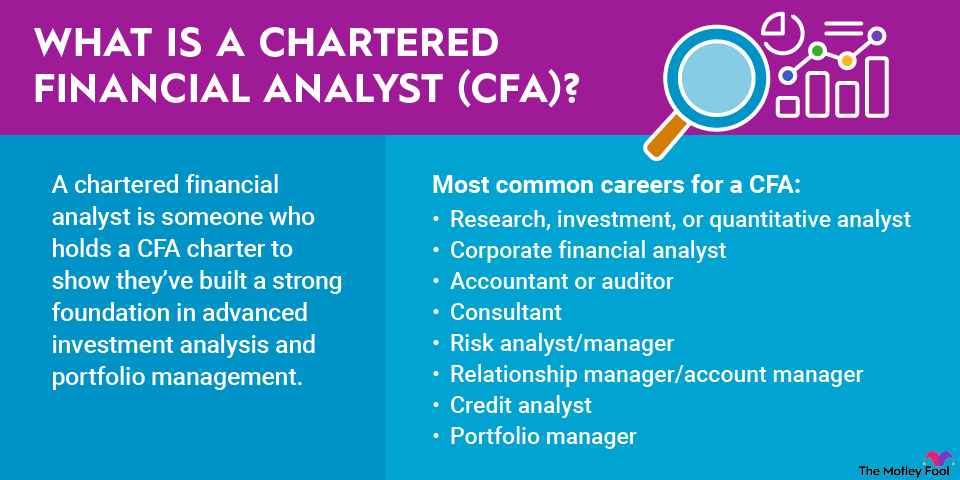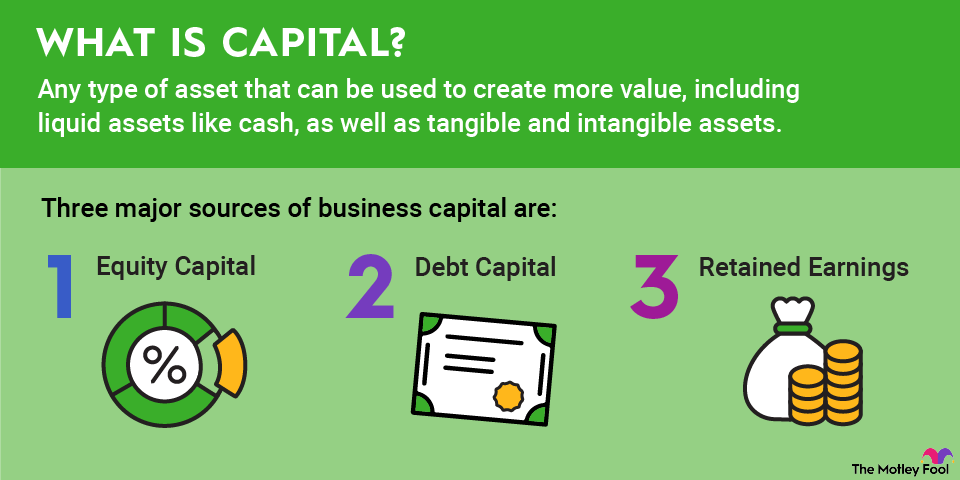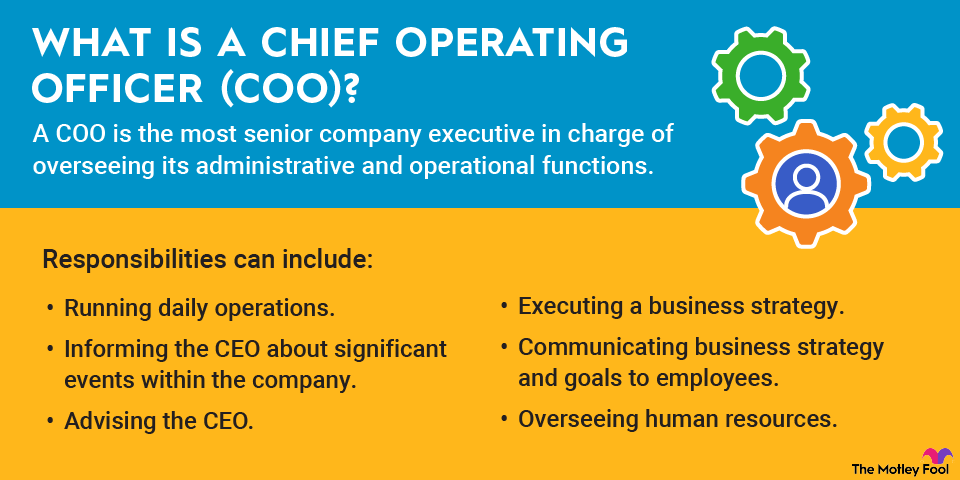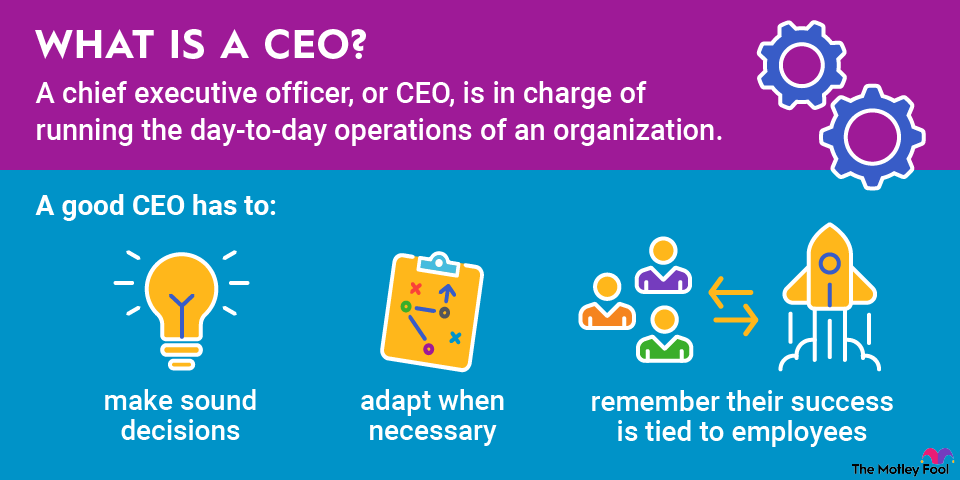When you're trying to deal with increasingly complicated financial matters, it's important to understand just who to call in to do the hard jobs. One of the many people you may need in your life is a certified financial planner (CFP). Read on to learn more about this specific financial profession.

What is a certified financial planner (CFP)?
You can think of a certified financial planner as your personal financial coach who has gone to the trouble of passing a rigorous examination from the CFP Board of Standards. They're who you'll want on your side when it comes to the really big decisions regarding your money, including paying for retirement and your kids' education.
Although noncertified financial planners also exist, choosing a CFP means selecting an ally who has gone to great lengths to not only become an expert in their field but also earn the pedigree to prove it. Along with the certification comes a set of ethics and guidelines that drive the behavior of your new favorite CFP.
What does a Certified Financial Planner do?
Certified financial planners provide a pretty comprehensive approach to your financial life, helping with a wide range of services that can be tricky to navigate on your own. Here are just a few services that CFPs commonly offer:
- Estate planning
- Retirement planning
- Investing advice
- Asset allocation
- Tax planning
- Insurance guidance
- Financial education
- Long-term financial planning
The most important job of a certified financial planner is to create a customized financial plan for your specific situation, no matter what that may be. Because they have such a wide understanding of financial products and strategies, they're able to advise clients on the best way to manage their assets today and into the future.
Certified financial planners versus CPAs
Although many certified public accountants (CPAs) are also CFPs, they're not the same thing. A certified financial planner is there to help you navigate pretty much all of your complicated financial decisions, in every realm of your financial life, from choosing the appropriate amount of insurance to estate planning and deciding how best to invest money for your child's education.
CPAs, on the other hand, primarily focus on relationships with the taxman. They prepare individual and business tax returns and perform other financial reporting, such as those 10-Ks that we all rely upon to monitor the health of our stock investments.
What is a certified financial planner's fiduciary duty?
A really important aspect of being a certified financial planner is their fiduciary duty to their clients. Like other high-level professionals, CFPs are held to a legal standard that requires them to place their clients' interests above their own in all matters. The client comes first, legally, for CFPs, although most also simply subscribe to that ethical foundation as people.
Related investing topics
Their fiduciaries can be broken down into three specific areas:
- The duty of loyalty. Loyalty means prioritizing their clients' interests, including protecting their secrets and personal information whenever possible and legally permissible.
- The duty of care. All good CFPs automatically follow the duty of care by simply behaving in a competent and diligent manner. They're detail-oriented and make sure all the i's are dotted and the t's are crossed.
- The duty of compliance. Compliance in this case is about adhering to clients' reasonable and lawful requests. This can sometimes come into conflict with loyalty because clients may not always know what's best for them, but believe they do.
These fiduciary duties only apply to CFPs, not noncertified financial planners. So, if you're looking for someone to help with your estate or education planning, make sure you know you've hired the right professional. Although noncertified financial planners can be reliable professionals, CFPs have gone above and beyond to prove their competency by becoming licensed and committing to maintaining that license.
